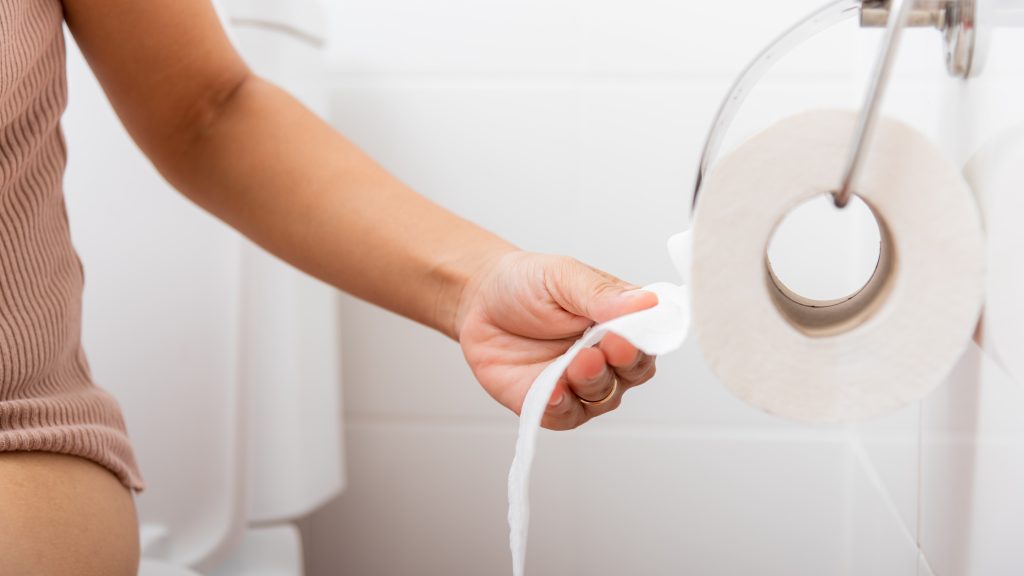Frequent nighttime bathroom trips might seem like a minor inconvenience, but they could reveal hidden health problems.
Others are reading now
Leaving your warm bed to go to the bathroom in the middle of the night can be frustrating. If it happens frequently, it’s not something to ignore.
According to experts, waking up multiple times a night to urinate could be a warning sign of underlying health issues.
Here are some common causes and symptoms to watch out for:
Diabetes: A Hidden Danger
One of the most common causes of frequent urination, especially at night, is diabetes.
Also read
When blood sugar levels are too high, the body attempts to eliminate the excess sugar through urine, leading to frequent urination—a condition known as polyuria.
Additional symptoms to watch for:
-
Increased thirst
-
Constant fatigue
-
Unexplained weight loss
-
Blurred vision
-
Repeated cases of thrush or itching around the genitals
If you experience any of these signs, it’s important to contact your doctor for an evaluation.
Prostate Disorders in Men
For men, frequent nighttime bathroom visits may be linked to prostate issues, such as benign prostatic hyperplasia (BPH) or, in some cases, prostate cancer. An enlarged prostate can press on the urethra, causing frequent urination and the sensation of incomplete bladder emptying.
Warning signs include:
-
A weak urine stream
-
Difficulty starting urination
-
Blood in urine or semen
While these symptoms are often due to benign conditions, they should always be checked by a doctor.
Urinary Tract Infections (UTIs)
Urinary tract infections can affect both men and women, although women are more commonly affected. UTIs can lead to frequent and urgent urination, especially at night, as well as discomfort when urinating.
Other symptoms to look for:
-
Cloudy or foul-smelling urine
-
Pain in the lower abdomen or back
UTIs can often be treated with antibiotics, but early treatment is essential to prevent complications.
Kidney Disease: A Serious Cause
Frequent nighttime urination can also be an early warning sign of chronic kidney disease. When the kidneys are not functioning properly, they struggle to regulate the body’s fluid balance, leading to increased urination.
Signs to watch for:
-
Swollen ankles and feet
-
Persistent fatigue
-
Blood in the urine
-
Itchy skin or muscle cramps
Kidney disease often progresses without obvious symptoms until it is advanced. Regular health check-ups can help detect issues early.
When Should You Seek Medical Help?
If nighttime bathroom visits become a regular occurrence or are accompanied by other symptoms such as fatigue, pain, or weight loss, it’s time to consult a doctor.
While it might seem like a minor inconvenience, addressing these symptoms promptly can make a significant difference to your overall health.








